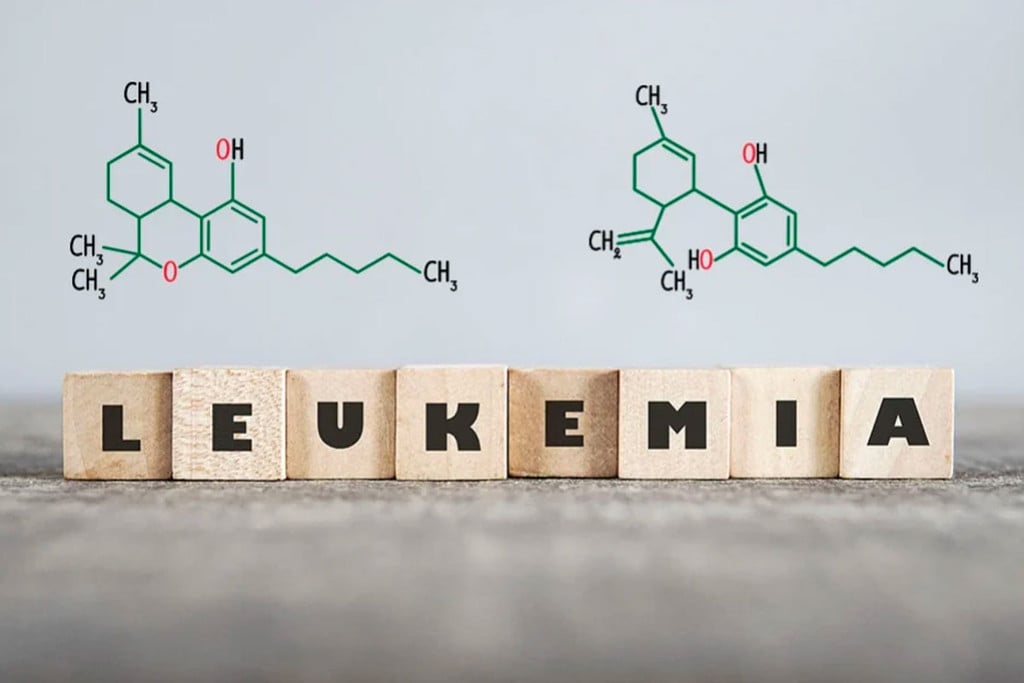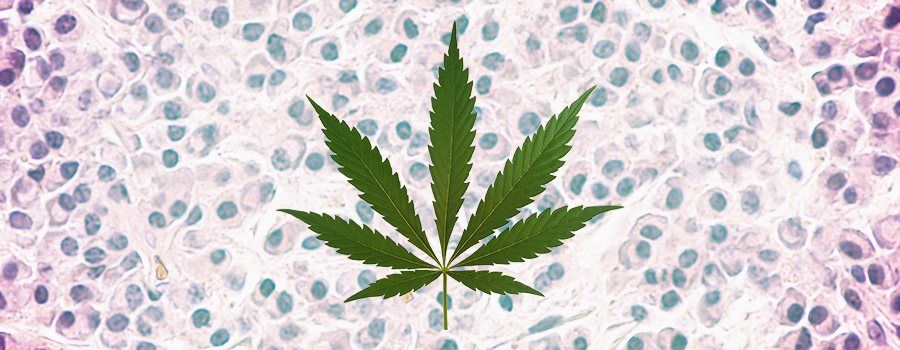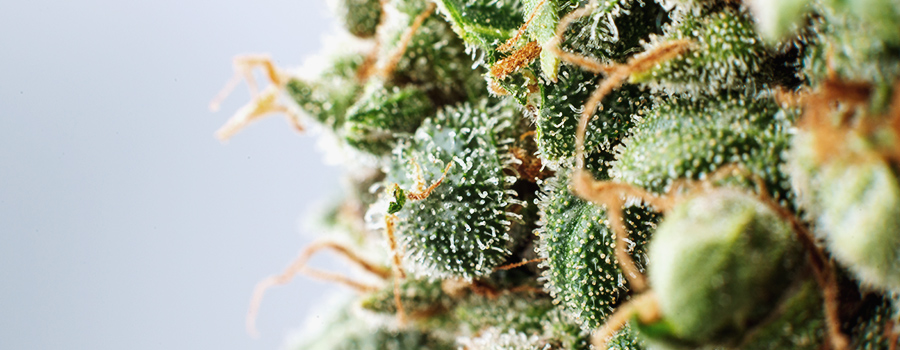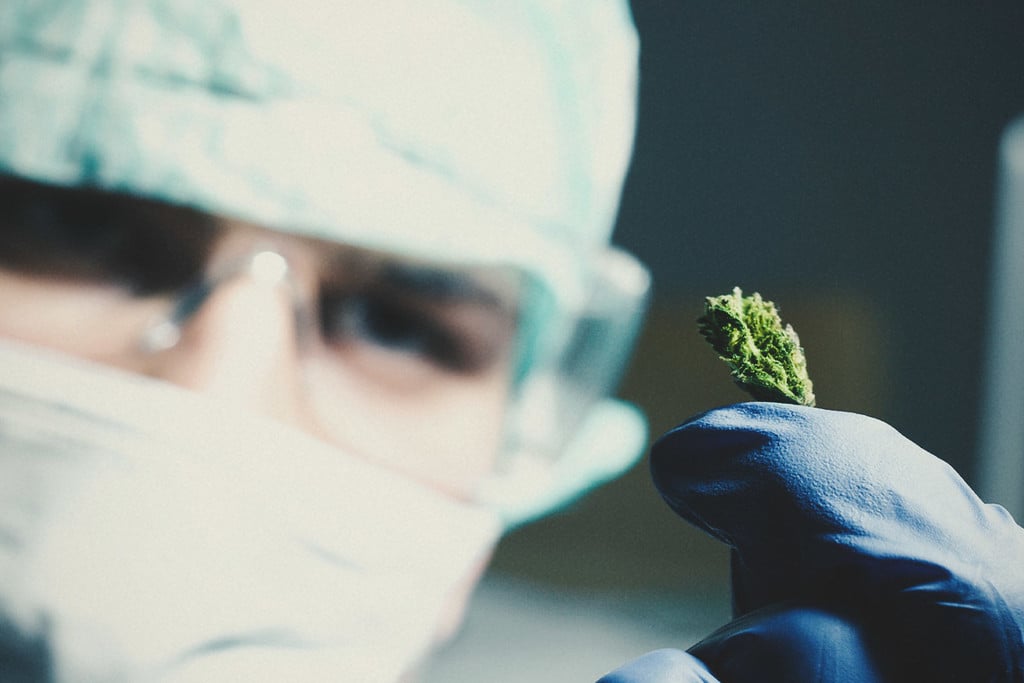.

The Role Of Cannabis In The Treatment Of Leukaemia
Cannabis is being studied for its potential to kill various forms of cancer, including leukaemia. Here we'll examine what the current body of medical literature says about cannabis as a future treatment for leukaemia.
Cannabis has been used as a medicinal herb throughout thousands of years of human history. Its illegal status is an extremely recent phenomenon, and luckily for thousands of medical patients and recreational users, prohibition appears to be coming to an abrupt end.
Scientific analyses of compounds within the plant, such as cannabinoids and terpenes, have sought to determine cannabis’ effects against an entire host of diseases and medical conditions. Although hard to believe, some cannabis compounds are being studied for their potential to kill numerous types of cancer, including leukaemia.
CANCER STATISTICS
Cancer is a potentially devastating disease, and almost anyone you talk to has had their life affected by it in some way or another. It was estimated in 2016 that in the United States alone, 1,685,210 new cases of cancer were diagnosed, and that 595,690 people were suspected to die from the disease.
These numbers are staggering, with the most common cancers that same year being breast, lung, bladder, and leukemia. Conventional treatments offered to individuals frequently include chemotherapy, surgery, and radiation. These therapies often cause severe side effects and sometimes limited efficacy.
Emerging alternative therapies and approaches are on the rise, with cannabis gaining a lot of traction in this area. As proof of this, even the American government website cancer.gov—on the basis of previous literature—states that some cannabinoids have displayed antitumour effects by inducing cancer cell death and inhibiting cell growth.
LEUKAEMIA
Leukaemia is the name given to a group of blood cancers. This disease, which usually starts in the bone marrow, affects white blood cells (leucocytes). Basically, a high number of abnormal immature white cells (blasts) are produced in the bone and then released into the bloodstream and lymphatic tissues.

Leukocytes make up around 1% of total blood, yet play a vital role in the maintenance of health. These cells work as a major defence against many kinds of disease. White blood cells patrol and destroy unwelcome intruders in the form of viruses, bacteria, or parasites, but also eliminate other malignant or precancerous cells.
Common symptoms of the disease may include pain in the bones or joints, swollen lymph nodes, fevers, tiredness, regular infections, and weight loss.
There is no known way to prevent the condition, and methods such as chemotherapy, radiation, and bone marrow transplants are used in an attempt to treat the disease.
Unfortunately, the side effects of chemotherapy, for example, can be devastating and include fatigue, hair loss, secondary infection, nausea, and anaemia.
So far, it is stated that the exact cause of the condition is unknown. Genetic predisposition plus exposure to radiation, certain chemicals, and smoking have all been named as potential risk factors.
It is estimated that a massive 62,130 new cases of leukaemia were diagnosed within the United States in 2017. From the disease, approximately 24,500 people were expected to die within the same year.
CANNABIS AND LEUKAEMIA
Scientific literature boasts research into the anticancer potential of cannabinoids. A paper[1] published within the International Journal of Oncology explores the anticancer effects of certain cannabinoids when used with chemotherapy.
The authors of the paper state that some cannabinoids have been shown to possess anticancer activity when used alone, although some of them show more potent effects against leukaemia cells when combined.
For example, the authors mention that THC and CBD displayed more favourable effects when paired together as opposed to being used alone.
Furthermore, cannabinoid pairs performed even more effectively when used along with chemotherapy agents. It was noted that using cannabinoids after chemotherapy resulted in a greater induction of the death of cancer cells (apoptosis).
The authors of the text state, “Our results suggest that when certain cannabinoids are paired together, the resulting product can be combined synergistically with common anti-leukaemia drugs, allowing the dose of the cytotoxic agents [chemotherapy] to be dramatically reduced yet still remain efficacious”.

A study[2] published within the journal BioMed Central Cancer argues that THC has been proven to harbour anti-tumor activity. The researchers note that they have anecdotal evidence that THC may have contributed to disease control in a patient with leukaemia.
The study was conducted in order to test this hypothesis. The researchers evaluated the effects of Dronabinol (a synthetic version of THC) against leukaemia cell lines. An antiproliferative effect occurred. It was found that cell death was mediated via the CB1 and CB2 receptors of the endocannabinoid system.
The authors of the paper concluded that, “Our study provides rigorous data to support clinical evaluation of THC as a low-toxic therapy option in a well-defined subset of acute leukaemia patients.”
CANNABINOIDS, APOPTOSIS, AND ANTIPROLIFERATIVE EFFECTS
One mechanism by which cannabinoids may kill cancer cells is a process known as apoptosis. Apoptosis is a natural function of the human body that results in the controlled death of cells as a part of an organism's proper growth and development.
A paper[3] published within the journal Molecular Cancer Research displays that THC induces apoptosis in leukaemia T cells.
The other main effect is the antiproliferative activity of these cannabinoids. These natural substances, acting as cytostatic agents, may block cell proliferation by stopping its division. Subsequently, cancerous cells, which are usually defective, do not expand the problem to other parts of the body, and often improve the situation after they die.
A POWERFUL CASE STUDY
The studies above display the powerful effects of cannabinoids against cell lines in a laboratory setting. The next study displays a case study, with a sample size of one person, that demonstrates the potential of cannabinoids against leukaemia in a human.
A paper[4] published within the journal Case Reports in Oncology documents a case study involving a 14-year-old patient diagnosed with an aggressive form of leukaemia.
The patient underwent invasive treatment with chemotherapy, radiation, and a bone marrow transplant. However, all of these methods did not provide the expected effect after a period of 34 months.
With no conventional options left, the family of the patient started to orally administer cannabis extracts. A rapid dose-dependent correlation was observed.
The authors state that, “Cannabinoids are usually well tolerated and do not produce the generalised toxic effects of conventional chemotherapies. The family found promise in an organisation known as Phoenix Tears, led by Rick Simpson, who had treated several cancers with hemp oil, an extract from the cannabis plant. Rick worked with [the] family to help them prepare the extract.”
It was noted that during the treatment, cancer cell counts started to drop at some point. The researchers note that the cannabinoids within the extract had antiproliferative and proapoptotic properties.
Unfortunately, the patient did pass away, however the authors state that “It must be noted that where our most advanced chemotherapeutic agents had failed to control the blast count and had devastating side effect[s] that ultimately resulted in the death of the patient, the cannabinoid therapy had no toxic side effects and only psychosomatic properties, with an increase in the patient’s vitality.”
THE FUTURE OF CANNABIS AS TREATMENT
It seems promising that the active compounds within the cannabis plant will play an effective role in the future of cancer treatment, whether that means they are used alone as primary therapies or in conjunction with current conventional therapies to enhance their outcomes and reduce adverse side effects.
- Anticancer effects of phytocannabinoids used with chemotherapy in leukaemia cells can be improved by altering the sequence of their administration https://www.spandidos-publications.com
- Dronabinol has preferential antileukemic activity in acute lymphoblastic and myeloid leukemia with lymphoid differentiation patterns https://www.theroc.us
- #9-Tetrahydrocannabinol-Induced Apoptosis in Jurkat Leukemia T Cells Is Regulated by Translocation of Bad to Mitochondria https://www.theroc.us
- Cannabis Extract Treatment for Terminal Acute Lymphoblastic Leukemia with a Philadelphia Chromosome Mutation https://www.ncbi.nlm.nih.gov



































